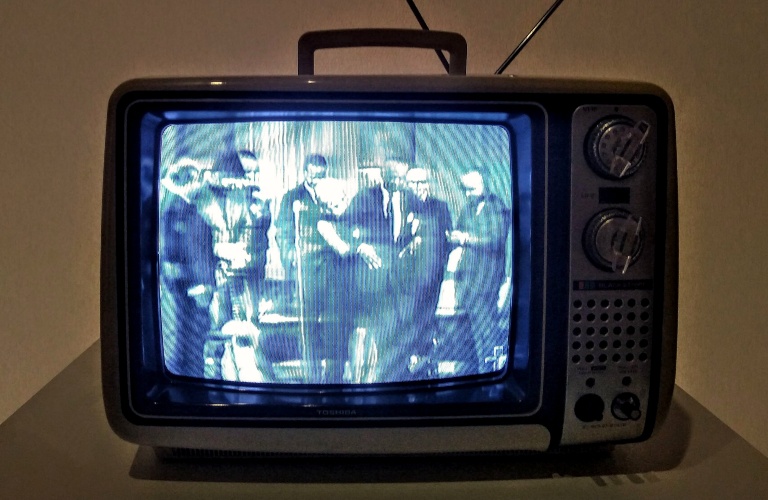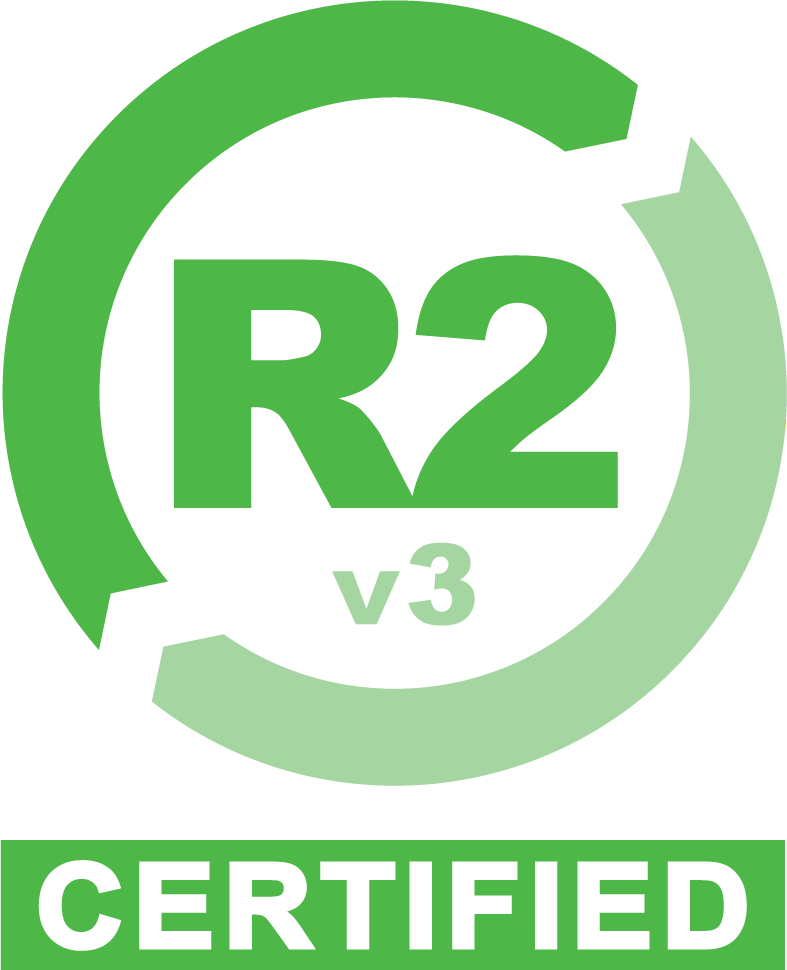Can You Recycle TVs?
 11
11 Apr
When you think of recycling you probably think about plastic bottles, aluminum cans, and maybe even glass. What about other things? Can you recycle TVs? That’s a good question. After all, what’s in a TV? It’s mostly plastic, metals, and maybe some glass if we are talking about an old tube TV. Indeed, much of a TV is recyclable, but don’t go throwing it in a blue bin. Special care has to be taken to recycle your TVs. Learn why and where you can take your TVs for recycling here.
Where to Recycle Your TVs in Wisconsin and Nebraska

If you are looking for an affordable place to recycle your TVs and other electronics in either Wisconsin or Nebraska, then come to Sadoff E-Recycling & Data Destruction. We can handle any volume—large or small, we offer great rates on all manner of electronics, and we can make sure that your electronics are handled with the utmost care.
In Wisconsin, we have locations across the state including Green Bay, Sheboygan, Manitowoc, Oshkosh, and Fond du Lac. We have an additional three locations in Nebraska with one in Lincoln and a b2b location in La Vista.
Read More: Top Trends in E-Recycling
Why is it Important to Recycle TVs?
Really, it’s important to recycle any electronics. The toxic chemicals—more on which chemicals in a moment—are not suitable for landfills and your local recycling program is not equipped to handle them. In short, you should recycle your TVs because there’s nothing else you can do with them once they’ve reached the end of their life.
What Toxic Chemicals are in TVs?
Not all TVs are created the same, and if the chemicals and compounds contained within your TV are a concern to you, then you can consider doing additional research during the buy phase. Some companies are a little more careful than others when it comes to what they use.
- Mercury—This may be the scariest one. Mercury is highly toxic, and its effects can be both devastating and hard to diagnose. Anxiety, depression, irritability, numbness, memory problems, tremors, and more can all be attributed to mercury poisoning. These effects can be long-term and even permanent. You don’t have to fear your TV for having mercury in it but leaving a TV in a landfill can allow the mercury to leach into the groundwater.
- Flame Retardants—Plastic and other elements of a TV can actually be pretty flammable. Though TVs are rarely the cause of fires, as an extra level of precaution and to avoid adding to the spread of a fire that started elsewhere, TV manufacturers have added flame retardants. Unfortunately, many flame retardants can be toxic.
- Plastic—No, plastic is not toxic to us, but it can be toxic to the environment. Not to mention that most plastics are made from oil. This means the more plastic that can be recycled, the less oil has to be refined, which is also good for the environment. Luckily, most TVs are made from recyclable plastic. It just has to be safely removed from the TV.
- Non-Toxic Recyclables—This may be a list of toxic chemicals, but we also have to consider the impacts of other materials. TVs are filled with all kinds of metals including silver, gold, platinum, iron, copper, and more. These metals are highly recyclable, but difficult to separate from a TV. This means you can’t do it yourself. However, the more we recycle, the less we have to mine from the earth.
Also remember that though these chemicals are very bad for the environment, they are also essential, to the operation of your TV. In fact, many of these chemicals can be found in any piece of advanced electronics from your phone to your computer.
Why Does it Cost Money to Recycle a TV?
For recycling to work, it has to be profitable. The reason your local municipality does plastic and aluminum recycling is that it can usually eke out a small profit or at the very least break even. Even there, where the metals and plastics can be easily separated and sorted, the margins are always razor-thin, especially when you factor in pick-up costs.
For more complicated recycling, like electronics, it can depend on the type of electronic. For example, at Sadoff E-Recycling & Data Destruction, we are able to make a profit—as of this writing—on recycling many computers and computer components, and we can pass some of that profit on to you. However, TVs currently require a recycling fee. This fee is very affordable and charged by the pound. It’s also far more affordable than electronic drop-off sites which often charge $30 or more for recycling a TV.
With a TV, all the components, metals, and recyclable materials have to be separated out. This requires time, costly processes, and expertise, while also being dependent on the fluctuating prices of recyclables. This is why our prices are subject to change depending on the market value of recyclable material. Regardless, we remain a very affordable way to get rid of your electronics, and we work with both individuals and businesses alike.
Can You Just Throw a TV Away?
You got this far, but maybe you are wondering about the trash. Can you just stuff your TV in a garbage can and call it a day? We hope you don’t consider this an actual option after all that we have talked about already, but to play devil’s advocate, let’s consider this option.
Firstly, in many states, including Wisconsin, throwing a TV in your garbage bin is actually illegal. In other states, like Nebraska for example, it is strongly discouraged. In other words, not only is it the right thing to do, but in many cases, it’s the law.
E-Recycling’s Role in Easing Supply Chain Constraints
Categorized in: Electronics Recycling




 Google map directions
Google map directions
 Google map directions
Google map directions
 Google map directions
Google map directions
 Google map directions
Google map directions
 Google map directions
Google map directions
 Google map directions
Google map directions
 Google map directions
Google map directions